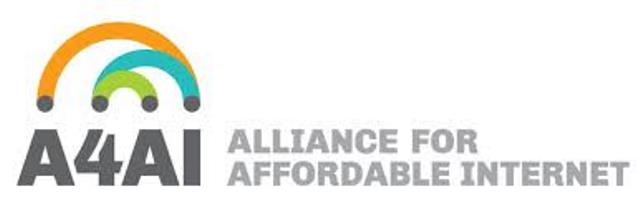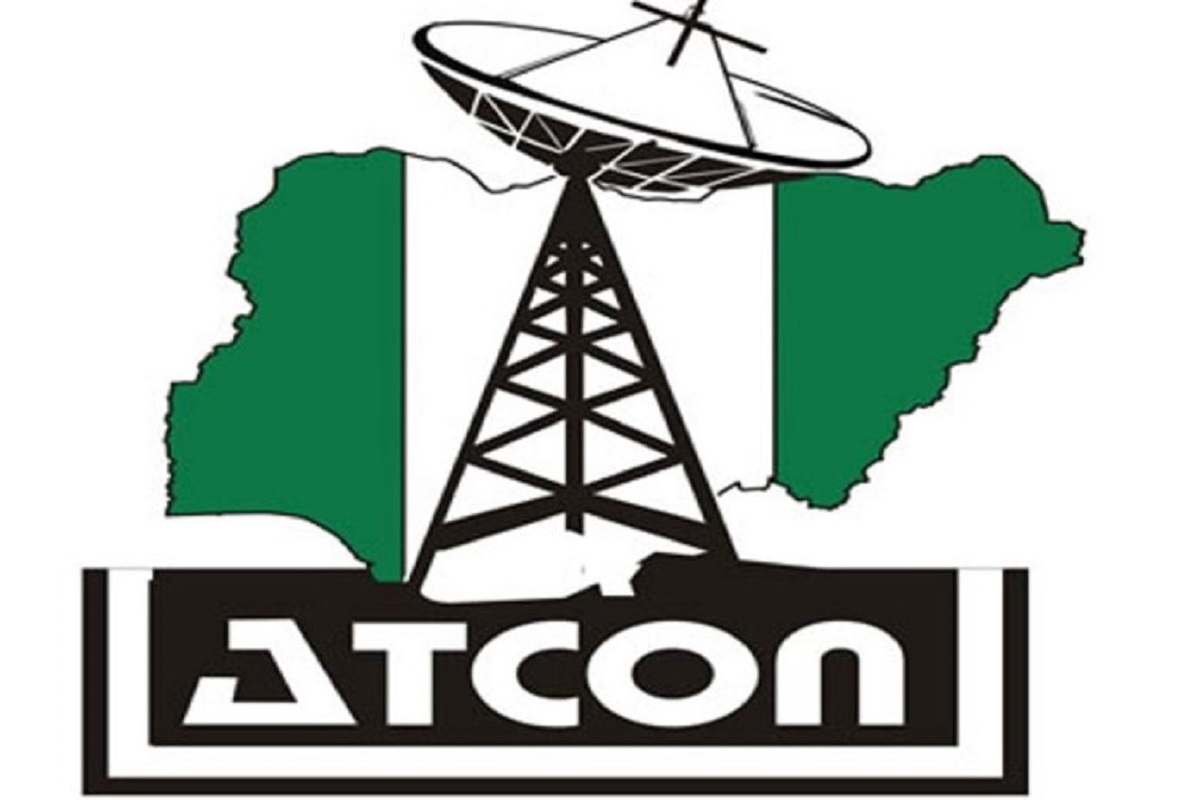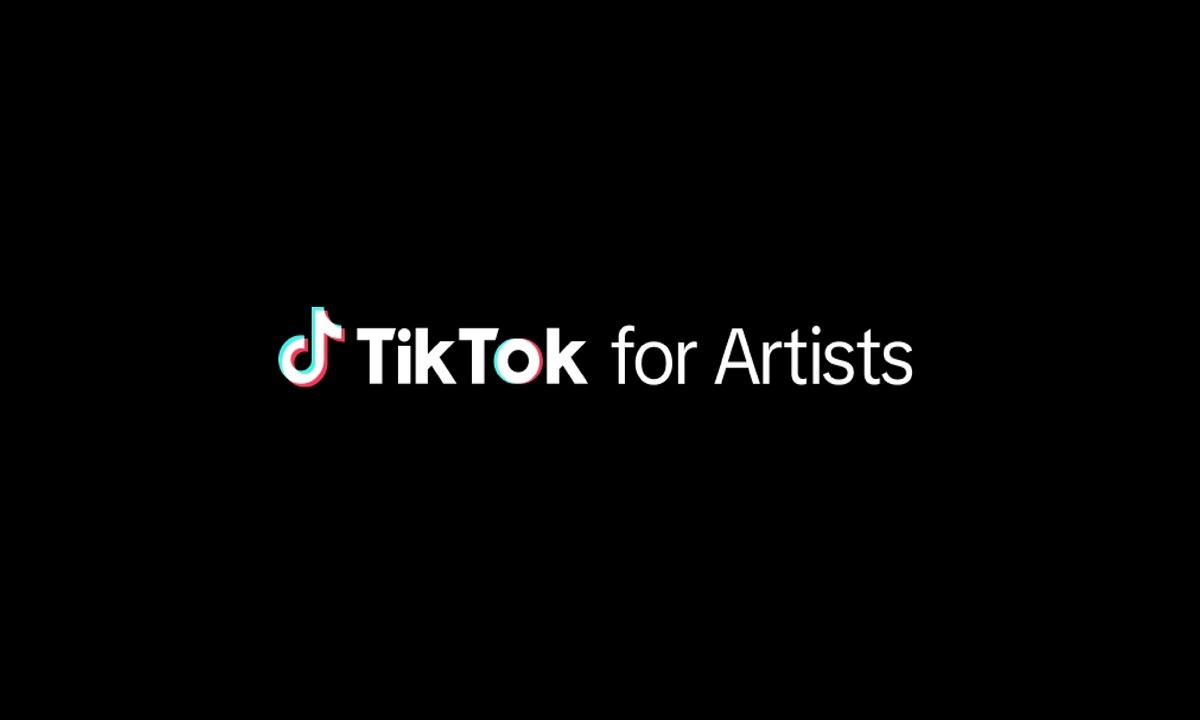Telecom
A4AI says Drop in Data Prices in Africa not Enough to Improve Access

The cost of mobile data for consumers in low and middle-income countries has fallen across all regions, driven by, among others, falling broadband prices, according to new research from the Alliance for Affordable Internet (A4AI), an initiative of the Web Foundation.
A4AI says low-income countries saw the most improvement, which is described as an historic reversal with progress of poorer countries previously lagging behind middle-income countries.
According to the research, falling broadband prices has driven affordability in certain African countries. The average cost for 1GB data as a percentage of average monthly income declined by 11%, from 5.8% of average monthly income in 2018 to 4.7% today.
In Sierra Leone, the relative cost of 1GB data tumbled from 25.9% to 9.9% after the introduction of a number of more affordable data plans by the largest operator. In Burkina Faso, reduced prices halved the cost of 1GB from 14.8% to 7.8% of monthly income. In countries such as Zimbabwe, a rise in incomes made broadband data more affordable, dropping relative cost from 19.8% to 10.1% of monthly income.
A4AI adds that declining costs meant seven new countries reached the international threshold of affordability for the first time in 2019, making internet affordable for most people, including those at below average income levels in Algeria, Bangladesh, Cabo Verde, Colombia, Ecuador, Namibia, and Paraguay.
A4AI developed the 1 for 2 affordability target – meaning 1GB of data should cost no more than 2% of average monthly income in order to be affordable for most people. To date, the target has been adopted by the UN Broadband Commission, the Economic Commission of West African States (ECOWAS), Nigeria, and Ghana.
Of the 100 countries included in this study, only 37 meet the 1 for 2 target. The total population of the remaining 63 countries tops 1 billion people, meaning over 1 billion people live in countries that do not meet the affordability target.
In Africa, currently only 9 countries meet this target: Egypt, Mauritius, Gabon, Tunisia, Botswana, Nigeria, Namibia, Algeria, and Sudan.
Because high costs keep people offline, the countries and regions with the least affordable data are also those with the fewest people connected to the internet, the A4AI claims. In Africa, where data is the least affordable at 7.1% of average monthly income, only 24% of the population is online, compared with 51% globally.
A4AI puts this in perspective and says 4 out of every 5 people living in countries with unaffordable data live somewhere in Africa.
“This demonstrates that affordability is a particularly deep challenge for the region in confronting the digital divide and requires African policymakers to step up and connect their countries into the global economy. The cost of data remains prohibitively high for many across Africa,” the organisation continues.
While progress has been made, the cost of broadband is prohibitively high.
A4AI says the average African earner must pay 7.1% of their monthly income for 1GB of data. Here average monthly income is based on GNI/capita/month for 2018. Translated to a US context, where the average earner earns US$62,850 (GNI per capita), 1GB of data would cost US$373 on average (7.1% of GNI per capita/12).
As more people, including more women, can afford to come online, national economies will grow. For every 1% increase in the number of people using mobile broadband, countries will see a 0.15% increase in GDP, according to the ITU.
Dhanaraj Thakur, Research Director of A4AI and Web Foundation, said: “Access to a meaningful internet connection means access to transformational and life-changing tools. This notable drop in costs, especially across Africa, will make it easier for millions around the world to benefit from internet access.
“While we welcome this progress, millions remain offline because they cannot afford the cost of data. Urgent action is required – failure to deliver affordable internet access will drive inequality as those offline are further pushed to the margins of society.”
The A4AI says while regions do differ and the range of policy decisions will affect the price of the internet, research shows that countries that prioritise a clear national broadband plan, invest heavily in universal and public access, and effectively and transparently allocate spectrum see the greatest gains in internet affordability.
“Governments must take urgent action to make internet access affordable for more people. By improving competition in telecommunications markets and investing in public access solutions in places like libraries, schools, and community centres, governments can lower the cost to connect and in turn bring more people online,” the organistion states.
Telecom
ATCON Commends FG for $2Bn “Project Bridge”, Pledges Support

Association of Telecommunication Companies of Nigeria (ATCON) on Monday commended the Federal Ministry of Communication, Innovation, and Digital Economy (FMCIDE) for spearheading a new initiative known as ‘Project Bridge’.

Tony Emoekpere, president, ATCON, stated in an interview with NAN in Lagos that the initiative aimed to create a robust and resilient telecommunications backbone across Nigeria.
Emoekpere stated that the project was an ambitious public-private partnership designed to connect all 36 states and Abuja, as well as LGAs, via fiber optic cables.
According to him, the initiative is not meant to replace existing infrastructure but to complement it, creating a more resilient network.
“Right now, most of the networks that we have are linear in nature. ’Just imagine, if there’s only one road from Lagos to Ibadan; if anything happens to that road, you would not get to Ibadan.
‘’This project will create alternative routes,” he said.
The ATCON boss stated that the project was modeled after the successful PPP framework in the energy sector, with the government contributing a certain percentage to the Special Purpose Vehicle and the private sector providing the remaining funding.
He stated that the project’s goal was to establish alternative, redundant connections, thereby ensuring that services remained uninterrupted even if one part of the network was compromised.
The president expressed the full support of telcos, noting that the project would enable members to deliver services more effectively in locations where infrastructure was currently a significant challenge.
“With this project, we will have multiple options,” he said.
Project BRIDGE involves building a nationwide fiber optic network to expand digital infrastructure and connectivity, rather than a physical bridge, as part of Nigeria’s National Broadband Plan.
The project is a public-private partnership ($2 billion cost) using an SPV to deploy 90,000km of fiber-optic cable to enhance education, healthcare, and the digital economy.
Telecom
MTN Restores Services After Planned Network Maintenance in Parts of Adamawa, Borno, and Kano

MTN Nigeria has successfully completed a scheduled network maintenance operation that affected 101 sites across 15 Local Government Areas (LGAs) in Adamawa, Borno, and Kano States.

The restoration marks a significant step in the company’s ongoing efforts to enhance service reliability in the Northeast region, amidst multiple fibre cuts and vandalism.
The maintenance, which took place on Sunday, August 24, involved the cutover of traffic to a newly installed fiber span along the AFCOT–Bawo Village route in Adamawa State.
This upgrade was necessary to replace a previously damaged section of the network infrastructure. All service maintenance was done within timeframe and restorations before 1 PM on Sunday August 24th.
We can confirm that all impacted sites have been fully restored, and services are now operating normally. We appreciate our subscribers’ patience and sincerely apologize for any inconvenience caused during the downtime.
The affected services included 2G, 3G, 4G, and enterprise connectivity, with temporary disruptions experienced in LGAs such as Girei, Song, Mubi North, Hong, and Michika in Adamawa; Askira/Uba and Shani in Borno; and Nasarawa in Kano.
The work was scheduled during daylight hours to ensure the safety of field engineers, given the linear and unprotected nature of the route.
This restoration is part of MTN’s broader strategy to strengthen its infrastructure in underserved regions and ensure consistent service delivery across Nigeria, amidst constant fibre cuts and vandalism.
Telecom
TikTok Unveils Artist Insights Platform in Nigeria

TikTok has launched its music insights platform, TikTok for Artists, in Nigeria to support artist growth and fan engagement across the country’s vibrant music industry.

The platform, which debuted globally earlier this year, provides artists, labels, and management teams with access to daily-updated dashboards and analytics tools to track music performance, audience demographics, and fan interactions.
Toyin Mustapha, Head of Music Partnerships for the UK, Ireland, and Sub-Saharan Africa at TikTok, said the initiative was part of the company’s commitment to empowering African creators.
“With the launch of TikTok for Artists in Nigeria, we’re giving artists and their teams access to insights that can help them engage their fans in more meaningful ways and grow their careers globally,” Mustapha said.
The platform offers detailed song performance metrics, including views, posts, and creator engagements per track. It also provides granular post-level data such as likes, comments, shares, and completion rates, alongside demographic breakdowns by gender, age, and language.
In addition to analytics, TikTok for Artists includes educational resources and step-by-step guides to help artists build sustainable careers.
A key feature of the platform is the Pre-Release tool, which allows artists to launch campaigns for upcoming albums and enables fans to pre-save tracks on streaming platforms like Spotify and Apple Music.
British artist Jordan Adetunji described the platform as a “game changer,” noting its value in helping artists and their teams plan effective campaigns.
TikTok said the rollout reaffirms its investment in Africa’s creative economy and aims to foster deeper connections between artists and fans across the continent.
The platform is now available to all certified TikTok Artist Accounts, with access also extendable to managers and label teams.

 E-Financial1 day ago
E-Financial1 day agoFBNQuest Merchant Bank Facilitates Landmark ₦5Bn Commercial Paper Programme for Accion Microfinance Bank

 E-Business1 day ago
E-Business1 day agoNDPC Begins Probe of Banks, Others for Data Breaches

 Telecom1 day ago
Telecom1 day agoDigital Realty Commits to Africa’s Digital Transformation @ Launch of LKK2 Data Center

 Telecom1 day ago
Telecom1 day agoIntel–U.S. Partnership Reshapes Semiconductor Landscape with Historic Equity Agreement

 E-Financial1 day ago
E-Financial1 day agoUBA to Deepen Financial Inclusion, Boost Savings’ Culture with Super Savers’ Promo

 Telecom1 day ago
Telecom1 day agoNITDA Alerts Nigerians to eSIM Security Flaw Deployed to Hijack Devices Worldwide

 E-Financial1 day ago
E-Financial1 day agoNigeria Leads Africa in Stablecoin Adoption with $22Bn in Transactions

 E-Financial1 day ago
E-Financial1 day agoFidelity Bank Resumes Intl Transactions on Naira Debit Cards



























